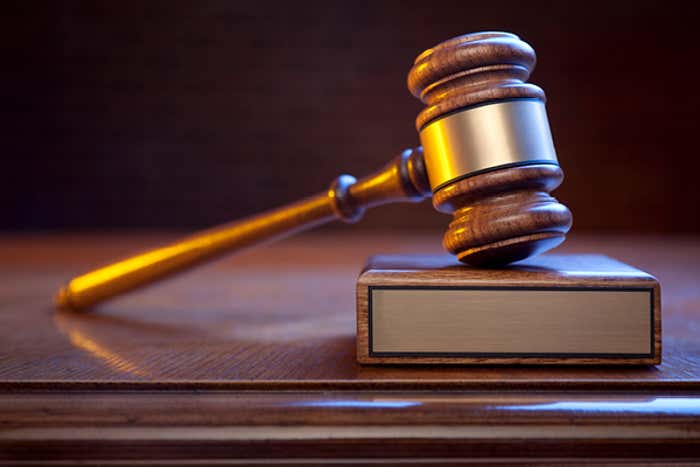
We hope our readers had a restful Memorial Day Weekend. Even DC’s cicadas took the weekend off. Before the long weekend, the Federal Circuit left us with 3 precedential opinions, including one addressing what qualifies as prior art. Below we provide our usual weekly statistics and our case of the week—our highly subjective selection based on whatever case piqued our interest.
Precedential opinions: 3
Non-precedential opinions: 4
Rule 36: 0
Longest pending case from argument: Edgewell Personal Care Brands v. Munchkin, Inc., No. 20-1203 (202 days) (opinion modified following grant of rehearing petition)
Shortest pending case from argument (non-Rule 36): SPEX Techs., Inc. v. Western Digital Corp., No. 20-1283 (25 days)
Case of the week: Becton, Dickinson and Company v. Baxter Corporation Englewood, No. 20-1937
Panel: Judges Prost, Clevenger, and Dyk, with Judge Dyk writing the opinion
You should read this case if: you have a prior art patent that was cancelled in inter partes review
In our case of the week, a patent challenger challenged patent claims as obvious in light of a prior patent. But that prior patent was itself cancelled in an inter partes review. Does that patent remain prior art for purposes of the obviousness analysis?
Baxter, the patent owner in this case, argued “no.” In Baxter’s view, an inter partes review is a second look at the patent grant, so when the inter partes review results in cancellation, it’s as if the patent was never granted in the first place.
Here, the prior patent was cancelled in an inter partes review before Becton, Dickinson and Company filed its petition challenging Baxter’s patent. According to Baxter, that meant that by the time of this challenge to its patent, the prior patent was not prior art.
The Federal Circuit disagreed. It held that a patent, once granted, can qualify as prior art regardless of whether it is currently valid.
The Court pointed to the language of the Patent Act. This case arose under the pre-America Invents Act version of the statute, when 35 U.S.C. § 102(e)(2) provided that prior art includes “a patent granted on an application for patent by another filed in the United States before the invention by the applicant for patent.” (Today, the statute similarly provides in § 102(a)(2) that prior art includes “a patent issued under section 151 . . . in which the patent . . . names another inventor and was effectively filed before the effective filing date of the claimed invention.”) The Court held that “[t]he text of the statute requires only that the patent be ‘granted,’ meaning the ‘grant[]’ has occurred.” Once the patent is granted, the Court reasoned, that condition is satisfied—even if the patent is later cancelled.
The Court went on to hold that the prior patent, in combination with other prior art, did render obvious the claim limitations at issue. It therefore reversed the Board’s contrary determination as unsupported by substantial evidence.